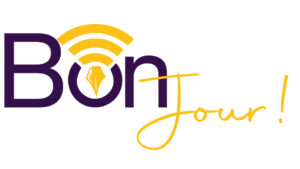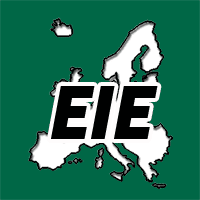BonJour! – Training Content Example
 The following section presents an example of a learning unit designed for the online learning platform as part of the BonJour! Project’s Flipped Learning 3.0-based training course. This unit is implemented as multimedia-based, interactive content to engage learners and effectively support self-directed learning. BonJour example
The following section presents an example of a learning unit designed for the online learning platform as part of the BonJour! Project’s Flipped Learning 3.0-based training course. This unit is implemented as multimedia-based, interactive content to engage learners and effectively support self-directed learning. BonJour example
It reflects the project’s approach to enhancing media literacy and digital skills among older individuals while providing a flexible and accessible learning experience tailored to their needs.
Webpage of the project:
Module 1: Adult Learning and Andragogy – Understanding the 55+ Learner
Learning Outcomes
- Understand principles of adult learning (Malcolm Knowles).
- Design inclusive, flexible, and motivating learning experiences.
- Adapt teaching to cognitive ageing and emotional barriers.
Key Content
- Adult motivation, self-direction, and learning autonomy.
- Learning design aligned with Universal Design for Learning (UDL).
- Structuring practical learning sessions (introduction, delivery, reflection, feedback).
What you will know after completing these lessons
You will understand how adults aged 55+ learn, including the impact of cognitive ageing and emotional barriers, and how to design inclusive, motivating, and accessible learning experiences that foster empathy, patience, and respect.
Estimated duration: 2–3 hours
Understanding the 55+ Learner
Further considerations (BonJour example)
The example presented here is part of a wider implementation of the BonJour! training course. Further modules will be available on the EBI’s website as multimedia-based, interactive learning units. These materials are designed to support the preparation of future Media Educators for the Elderly and will be used in the upcoming training course in Wiener Neustadt.
